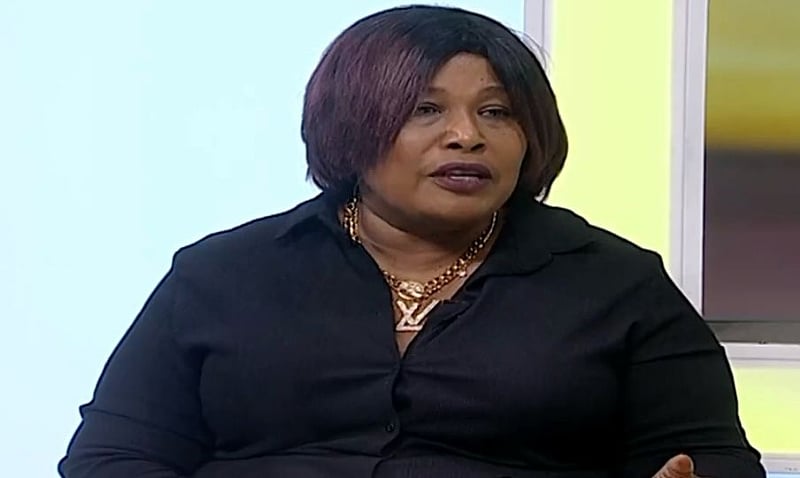The suspension of Chief Justice Gertrude Esaaba Torkornoo by President John Mahama has ignited a firestorm of controversy, particularly from the opposition New Patriotic Party (NPP). The president’s action, taken after consultations with the Council of State and based on prima facie evidence presented in petitions seeking the Chief Justice’s removal, has been met with fierce resistance from the NPP, who have organized a demonstration and labeled the suspension unconstitutional and a threat to judicial independence. This stark opposition has raised questions about the NPP’s motivations, with some suggesting a partisan defense of the Chief Justice.
Nana Yaa Jantuah, a presidential staffer and former General Secretary of the Convention People’s Party (CPP), has directly challenged the NPP’s stance. She questions whether their fervent defense of the Chief Justice stems from party affiliation, implying that the NPP’s outcry is rooted in their own perceived culpability for the issues raised in the petitions. Jantuah argues that the NPP, having allegedly presided over the very actions now under scrutiny, feels a sense of guilt and is therefore attempting to shield the Chief Justice from accountability. She dismisses the NPP’s planned demonstration as a product of their political idleness following their loss of power, suggesting that their protests are more a manifestation of boredom than genuine concern for judicial independence.
Jantuah’s argument centers on the idea that the NPP’s opposition is disproportionate and lacks precedent. She points to previous investigations of independent office holders, such as Charlotte Osei, the former Chairperson of the Electoral Commission, to illustrate that such inquiries are not unprecedented. She questions why the NPP is reacting so vehemently in this particular case, insinuating that their close relationship with the Chief Justice during their time in power is the driving force behind their current actions. This, she suggests, underscores their hypocrisy, as they are now protesting actions they themselves enabled.
The core of the contention revolves around the perceived politicization of the judiciary. The NPP frames the suspension as a blatant attack on judicial independence, arguing that the president’s actions are motivated by political considerations rather than legitimate concerns about the Chief Justice’s conduct. They portray themselves as defenders of the rule of law and the separation of powers, claiming that the president’s actions represent an overreach of executive authority. This narrative positions them as guardians of democratic principles against an encroaching executive branch.
Jantuah, however, counters this narrative by portraying the NPP’s actions as politically motivated and disingenuous. She argues that their concerns about judicial independence are a smokescreen for protecting one of their own. By highlighting the NPP’s alleged complicity in the issues that led to the Chief Justice’s suspension, she seeks to undermine their credibility and expose their true motivations. This framing casts the NPP as opportunistic actors who are exploiting the situation for political gain rather than acting out of genuine concern for the integrity of the judiciary.
The clashing narratives highlight the deep political divides within Ghana and the ongoing struggle to maintain the balance of power between the different branches of government. The suspension of the Chief Justice has become a battleground for competing political interests, with each side accusing the other of undermining democratic institutions. The outcome of this conflict will have significant implications for the future of the judiciary and the broader political landscape in Ghana.














